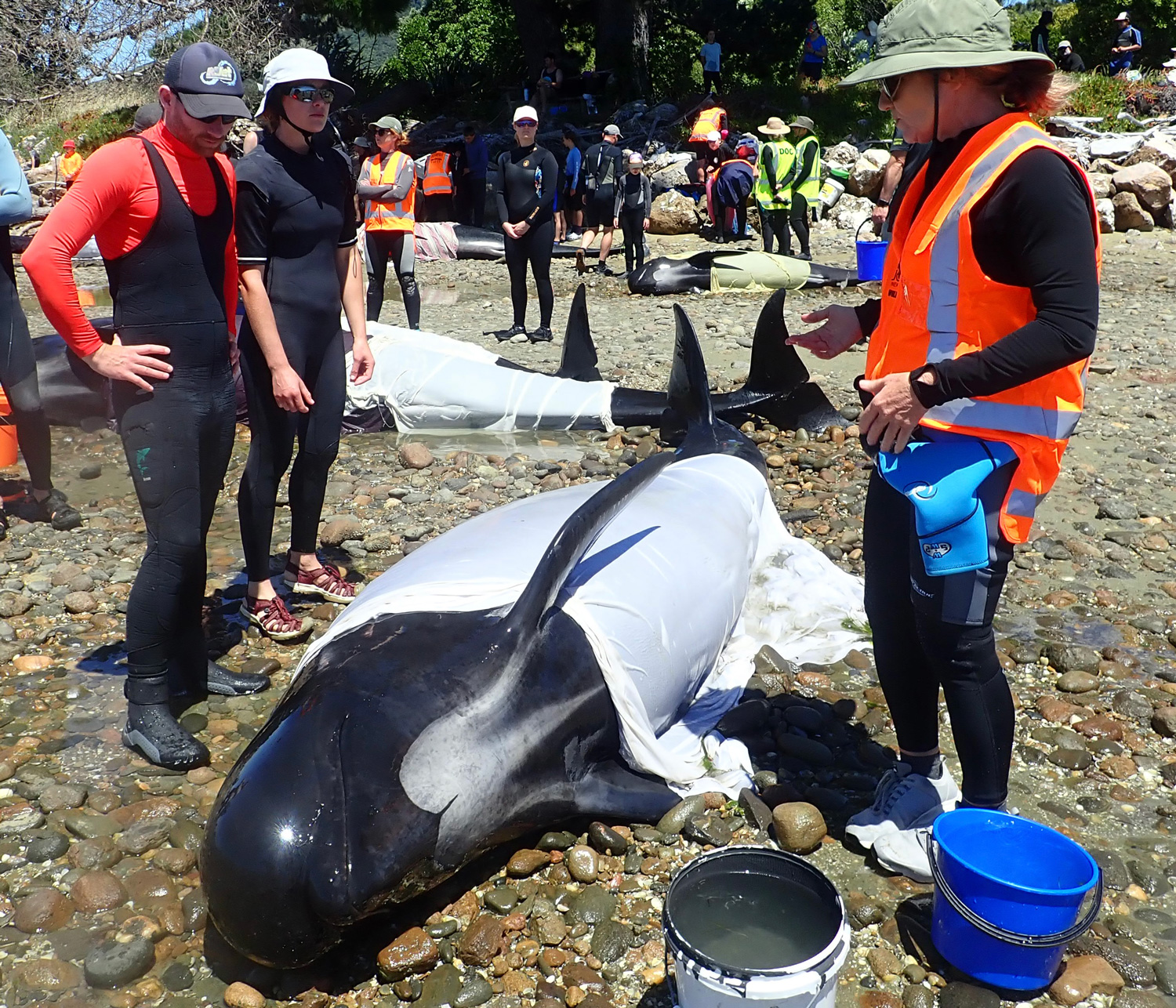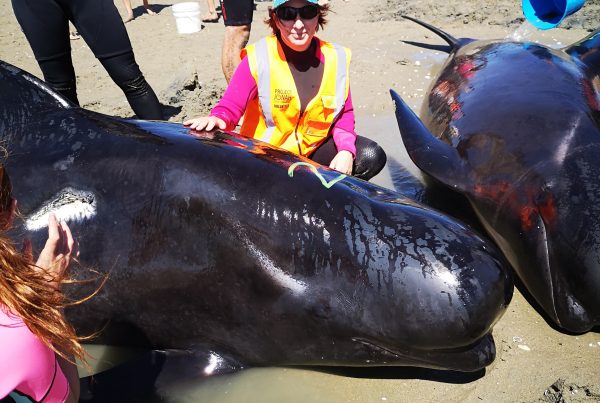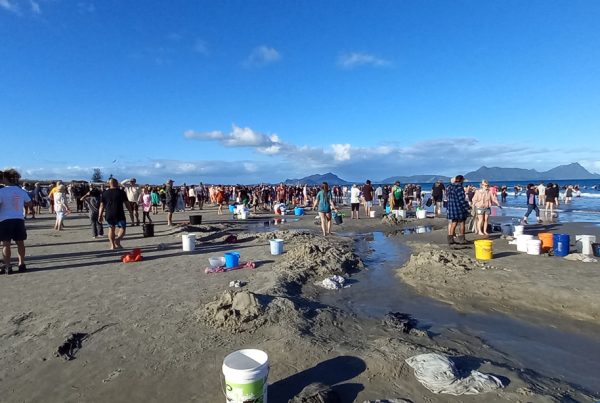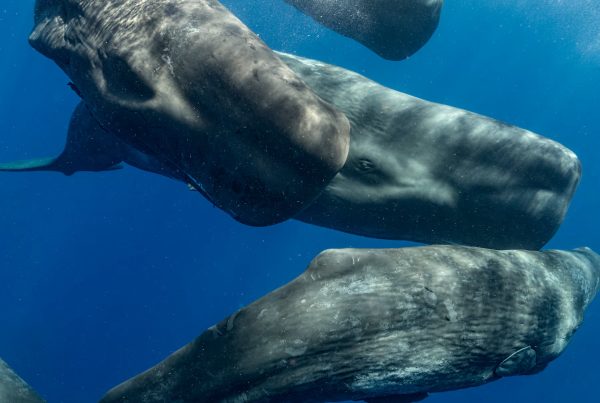
19 January 2025
I completed my Project Jonah Marine Mammal Medic training in May 2021 and followed up with the online refresher course in April 2024.
Living in Nelson, close to Golden Bay and Farewell Spit, I knew it would only be a matter of time before I received a Project Jonah text requesting assistance at a stranding. That call came on 19 January 2025—a large pod of around 30 pilot whales had stranded near Pakawau the previous day. As I drove over Takaka Hill that morning, I felt a mix of excitement and apprehension, unsure of what to expect.
Arriving at the scene was confronting. Handling a single inflatable whale during the Project Jonah course was one thing—helping real whales, in various stages of distress and decline, was another entirely. But very quickly, my initial emotional state was replaced by a sense of direction and focus. DOC and Project Jonah had everything well-organized, assigning tasks from filling and carrying buckets of water to digging trenches and educating onlookers.
I had never fully appreciated how strong a pilot whale’s tail is—or how dangerous it can be when multiple whales are stranded close together, facing different directions. It was clear that both DOC and Project Jonah prioritized not only the welfare of the whales but also the safety of the people involved. And humans, I’ve learned, can sometimes be the more challenging ones! Volunteers and members of the public received clear instructions, regular briefings, and ongoing support throughout the process.
The tides in Pakawau and Farewell Spit are massive, making the refloating stage both physically and logistically challenging. Not only was it a lengthy process in terms of time, but it also required guiding the whales across considerable distances to reach deeper water.
In my naivety, I assumed that once all the whales were in deeper water, they would simply swim away. But no—that wasn’t the case at all. After a prolonged stranding, pilot whales need time to socialize and reorganize their pod structure, a process that can take hours. Standing shoulder-deep in cold, windy, rough water for extended periods is absolutely exhausting. Having a decent wetsuit, along with regular snacks and water, is essential during refloats. Self-care is equally important—knowing when to take a break is crucial.
The generosity of the local community was incredible. Onlookers passed around home-baked goods, and local cafés brought food—it was a heart-warming reminder of the power of community spirit in times like these.
Despite everyone’s efforts, the pod restranded the following day, 20 January, at Tomatea Point. To make matters even more challenging, another pod of around 11 pilot whales stranded at Taupata Point. This was the emotional rollercoaster of those five days—restrandings. But in the end, both pods were successfully refloated and remained at sea. What an extraordinary success story!
I volunteered for three of the five days and came away having learned so much—about pilot whales, about humans, and about myself. The knowledge and professionalism demonstrated by DOC, Project Jonah, and the other organizations involved made me incredibly proud to be a New Zealander. I am so grateful to have been part of such a life-changing experience.
Jill Morris


